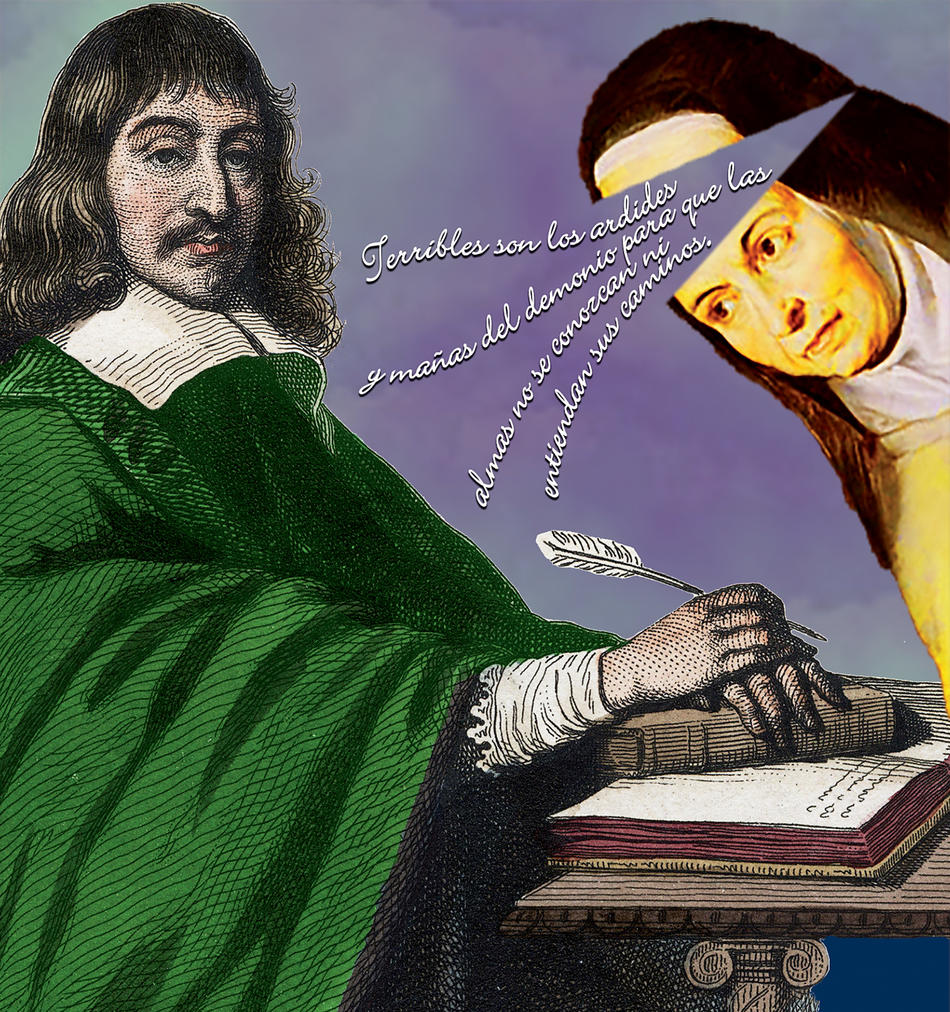He is considered the father of modern philosophy, a daringly original thinker and fierce rationalist who ushered in the Enlightenment by proposing that human reason is the foundation of all knowledge.
But was René Descartes really the innovator he has been made out to be? Christia Mercer, a Columbia philosophy professor, thinks not. She claims that the seventeenth-century Frenchman lifted some of his most influential ideas from a Spanish author and Roman Catholic nun named Teresa of Ávila, who, fifty years before Descartes, wrote popular books about the role of philosophical reflection in intellectual growth. Mercer lays out her case in the journal Philosophical Studies, describing a number of striking similarities between Descartes’s seminal work Meditations on First Philosophy and Teresa’s Interior Castle.
“The resemblance isn’t subtle,” says Mercer. “Key components of crucial arguments in the works are the same.”
Of particular relevance, Mercer says, is the fact that Teresa, like Descartes, argues that prolonged periods of introspection are necessary to shed one’s personal biases and gain a clearer perspective on the world.
“This idea provides the basis for Descartes’s entire metaphysical system,” she says.
Mercer notes that it is impossible to know for sure whether Descartes read Interior Castle, because he was notoriously stingy in giving credit to writers who had inspired him (he never mentions Teresa in his work or in his letters). But she says that Descartes would almost certainly have been aware of Teresa’s ideas, as her books were widely read during his day and discussed by many of his closest friends. She suggests that historians of philosophy have not drawn a link between the two writers for the simple reason that Teresa was a woman.
“Many women of her time who wrote about philosophical matters were labeled as ‘mystics’ and disregarded by the academy,” she says. “The stigma of that label has endured, so that even contemporary historians hunting for Descartes’s influences would be very unlikely to read her.”
Mercer hopes that her research will prompt others to read outside the canon of famous male thinkers.
“Philosophy’s past is much richer than the standard story would have us believe,” she says. “There are lots of brilliant women whose contributions are only just being discovered.”



